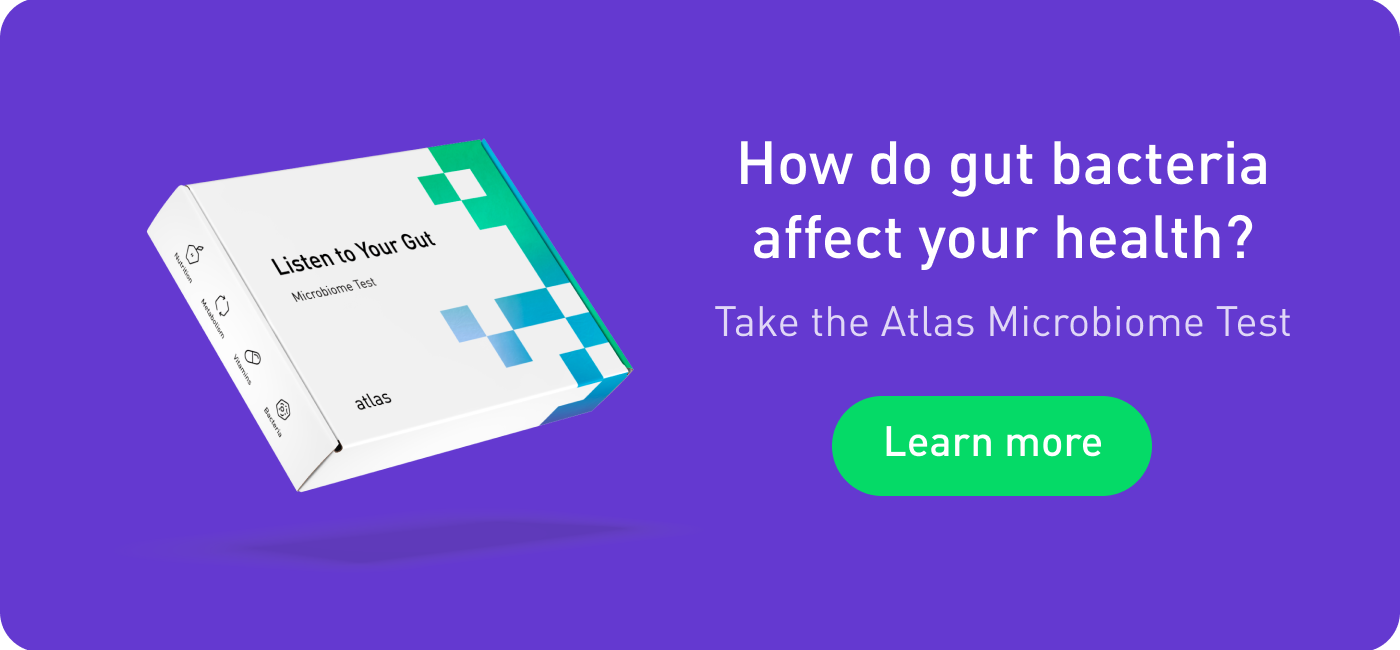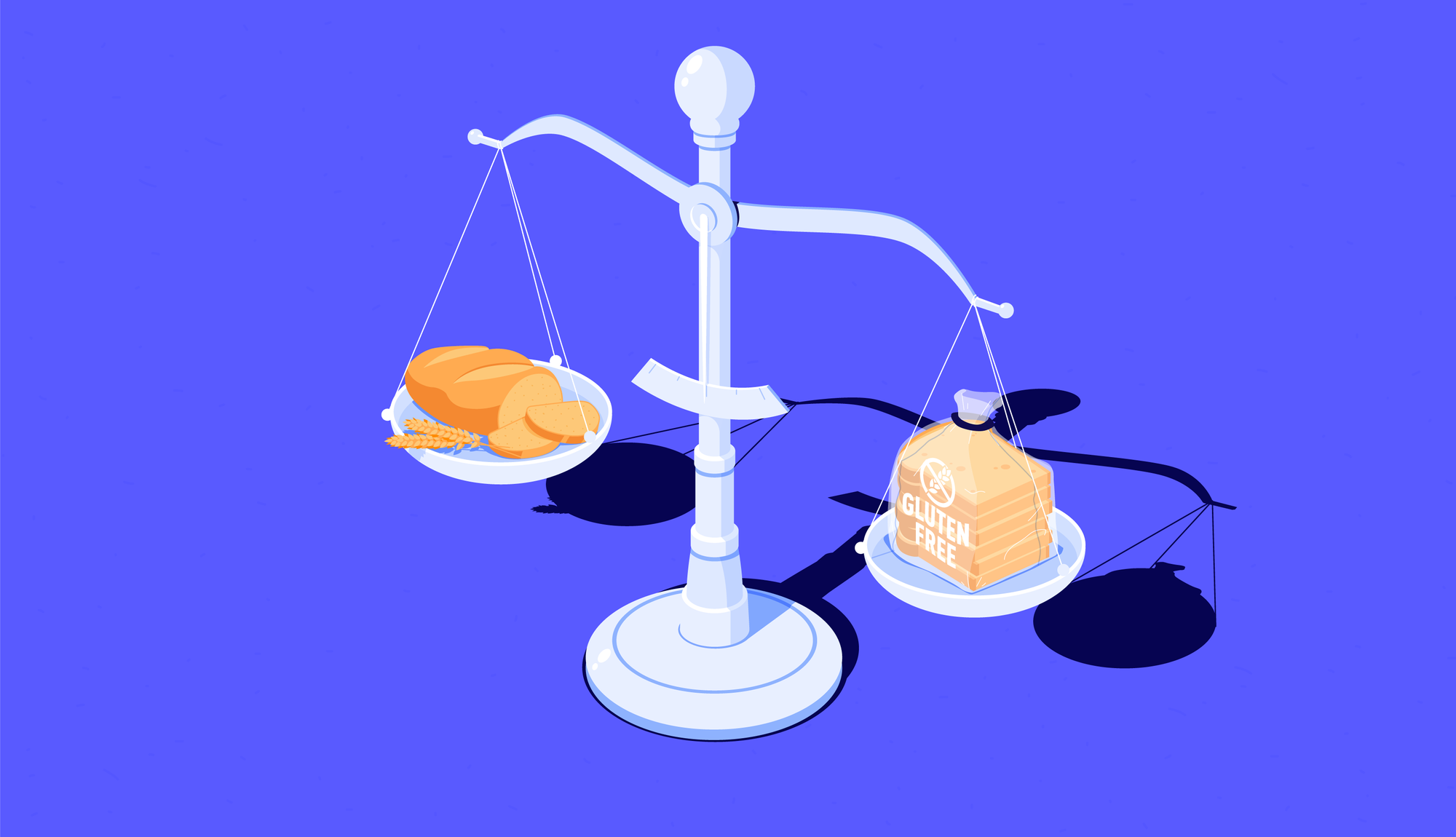Women fare worse at every stage of their health journey for heart attack, including diagnosis, treatment and aftercare. Moreover, many women lack awareness about heart disease symptoms, despite the fact that it is the number one killer globally.
Women often fail to recognise heart attack symptoms and delay treatment, largely due to cultural sterotypes framing it as a male-health issue. What's more, medical myths surrounding heart attacks confound the problem, such as the common belief that women experience “atypical” symptoms that are harder to diagnose.
In reality, women experience the same key symptoms as men, although they do not receive the same treatment: according to a report by the British Heart Foundation, over a ten year period, more than 8,200 women died needlessly due to inequalities in heart attack care.
To combat this, we are going to explore the signs and symptoms of heart attack, debunk some common heart attack myths and discuss unique risk factors for heart disease in women, such as menopause.
- The gender gap in heart attack care
- Heart attack symptoms
- Is it a heart attack or a panic attack?
- Menopause and heart attack risk
- Common heart attack myths
- Is aspirin good for the heart?
- Tips on preventing heart disease
- Summary
The gender gap in heart attack care
According to a British Heart Foundation report, titled Bias and Biology:
- Women get half as much heart attack treatment as men
- Women are 50% more likely to receive a wrong initial diagnosis than their male counterparts, increasing the risk of death by as much as 70%
- Women are less likely than men to receive standard treatments such as bypass surgery or stints
The gender gap in heart attack care is further confounded because women are underrepresented in clinical research looking at coronary heart disease.
We can and must do better, starting by tackling the false- and deadly- assumption that women are not at risk of a heart attack.
Heart attack symptoms

According to the British Heart Foundation, the most common symptoms of heart disease in both men and women are:
- pain or discomfort in your chest that occurs suddenly and doesn’t go away
- pain that radiates to your left or right arm, neck, jaw, back or stomach.
- feeling sick, sweaty, light-headed or short of breath.
Less common heart attack symptoms include a sudden feeling of anxiety or dread, excessive coughing, indigestion and wheezing.
The pain or tightness is severe for some people, while others report discomfort.
Is it a heart attack or a panic attack?
Panic attacks share many symptoms with cardiac arrest, including shortness of breath, nausea, sweating, heart palpitations and chest pain. Because of this, people can sometimes confuse these two conditions, either assuming a heart attack is a panic attack or vice versa.
If you are in doubt about your symptoms, seek care straight away. If a medical test rules out heart-related dysfunction, you can seek treatment like talking therapy to manage your anxiety symptoms.
Continuing, if you have experienced a heart attack and suffer from anxiety, do not simply assume that chest pain and shortness of breath are panic attacks. The earlier you spot a heart attack, the better the prognosis, so don’t doubt or delay seeking help.
Menopause and heart attack risk
Before menopause, sex hormones such as oestrogen can reduce cholesterol levels and minimise plaque build-up in the arteries. By doing so, they have a protective effect against cardiovascular disease and heart attack risk.
After menopause, it is increasingly important to monitor heart disease risk factors, including cholesterol levels, blood pressure, weight and stress.
In some cases, hormone replacement therapy may be recommended to stabilise hormone levels. It is important that you consult your doctor about treatment options, especially considering HRT is associated with a small increase in stroke and oestrogen-sensitive breast cancer, particularly among postmenopausal women.
Common heart attack myths
1.) Heart disease is predominately a male health issue
Cultural stereotypes around heart attacks persist, with many thinking it is a predominately male issue. Contrary to this harmful cultural stereotype, coronary heart disease is the number one killer of women worldwide.
DID YOU KNOW?
- twice as many women die of heart disease than breast cancer each year in the UK
- in the UK, 800,000 women are living with the condition
Even beyond systemic inequalities in healthcare, health risks for heart disease are more deadly for women than men. For example, smoking increases women's heart attack risk by up to twice as much as men’s, high blood pressure increases women’s risk 80 per cent more, and type 2 diabetes increases women’s risk 50 per cent more.
2.) If you eat well and exercise, you can’t have a heart attack
Whilst healthy lifestyles choices minimise your risk of cardiovascular disease, this doesn't mean a healthy lifestyle completely protects you against heart issues. For example, underlying genetic factors can be present in those who eat well, work out and do not smoke.
To the shock of many, Christian Ericksen, an elite football player, suffered a sudden cardiac arrest on the pitch at the Euro 2020 football tournament. In this case, a hereditary condition known as hypertrophic cardiomyopathy was to blame.
Those who suffer from the disease have thickened heart muscles which can obstruct blood flow. In turn, this can increase your risk of sudden cardiac arrest.
If you have a history of heart disease in your family, notify your GP. Your healthcare provider may suggest you get screened to identify genetic red flags. Those with a genetic predisposition for heart disease should take particular care to avoid risk factors and make heart-healthy choices.
3.) It’s only a heart attack if you have chest pain
Chest pain is the most recognisable symptom of a heart attack, but it is not the only symptom nor a universal one. Nausea and coughing are also common symptoms, as is pain in your arms, jaw, stomach or back.
Likewise, anxiety, shortness of breath, sweating and dizziness can all indicate a heart attack, even if they occur without chest pain. Lastly, many people report pressure and discomfort in their chest instead of a sharp stabbing pain.
4.) Young people do not suffer heart attacks
Whilst age is a risk factor for coronary heart disease, it doesn't mean that being under 40 makes you immune to cardiac arrest or cardiovascular disease.
Besides your genetics, many factors increase your risk status, including smoking, diabetes, and a sedentary lifestyle.
Is aspirin good for the heart?

Aspirin is a blood thinner that can help those who suffer from heart disease or have experienced a heart attack. Often, a GP will prescribe a daily dose of aspirin to help those with these conditions.
With that said, you should only ever use aspirin for this purpose under medical supervision and in full possession of the facts. As with any substance, aspirin can be dangerous if used to excess, leading to kidney failure and bleeding in the stomach.
Whether or not aspirin is right for you depends on various factors, including your age, current medication and medical history. Consult your GP about whether aspirin could help and at which dose will be most effective.
Tips on preventing heart disease
Beyond genetics, there are many lifestyle factors that can influence your risk of heart disease and cardiac arrest. By managing risk factors and making heart-healthy choices, you can protect yourself against cardiovascular and circulatory diseases. Let’s take a look at the steps you can take to look after your heart health:
Quit smoking

One of the most effective ways to protect yourself against heart disease is to quit smoking. Whilst it may seem a challenging task, the benefits are worthwhile and start instantly, only increasing as time goes by.
After three years without smoking, your heart attack risk will be the same as a non-smoker.
It is never too late to give up smoking and reap the myriad health benefits of a smoke-free life. Reach out to your GP to find out what help is available.
Exercise regularly
Regular exercise can lower bad cholesterol, prevent obesity and lower blood pressure, all of which can protect against circulatory diseases. Aim for around 150 minutes of physical activity each week.
Remember, something is better than nothing, so start off with light exercise and gradually increase the frequency and intensity.
You don’t need to become a super athlete to protect your heart health, but simply make small sustainable changes; for example, consider walking if you currently drive to work. It could even be as simple as increasing the length of your dog walks or having walking meetings during work hours.
Eat a balanced, healthy diet

A diet rich in whole grains, legumes, fruit, nuts, vegetables and fish is one of your best defences against heart disease and cardiac arrest. The Mediterranean diet, in particular, has been associated with a reduced risk of heart disease and all-cause mortality.
Additionally, try to limit your intake of trans-fats, red meat, processed foods and sodium. Trans-fats are a form of processed cooking oil used to preserve foods.
Foods high in trans-fats include fried chicken, french fries, doughnuts, ice cream, margarine and fast food in general. On packaged products,they are often listed as ‘mono and diglycerides of fatty acids.
Unless you have non-coeliac sensitivity, coeliac disease or wheat allergy, the benefits of eating bread outweigh any potential harm. With that said, not all bread is made equal; steer clear of refined white bread in favour of whole-grain alternatives.
Manage your weight
Obesity can raise bad cholesterol levels, lower HDL or good, cholesterol and increase your chances of insulin resistance- a precursor to type-2 diabetes. Ultimately, this increases your risk of cardiovascular disease and heart attack.
Good nutrition, frequent exercise- cardiovascular and resistance training- and reduced calorie intake are the best way to manage or lose weight. Steer clear of fad diets or restrictive eating and opt for sustainable, healthy dietary changes.
Manage stress

Multiple studies have found links between stress and coronary heart disease. What’s more, stress can increase people’s exposure to risk factors such as smoking, alcohol use and high blood pressure, often used as coping mechanisms.
There is no right or wrong way to relax; it might involve reading a book, going for a jog, meditating or cuddling a pet.
Ultimately, none of us can completely eliminate stress from our life, but that doesn’t mean we can’t manage it. With this in mind, make time each day to unwind and try to separate your work and leisure.
Some research suggests that mindfulness meditation and journaling can reduce stress. You can find a tonne of resources for both of these methods online.
Manage diabetes
Those with diabetes are at an increased risk for developing heart disease due to high blood sugar levels. This is because increased glucose levels can damage blood vessels, limiting their ability to transfer nutrients and oxygen.
As such, those with diabetes must manage their blood glucose levels and take steps to improve their heart health.
Keep an eye on your cholesterol, blood pressure and triglycerides levels
There are two types of cholesterol: Low-density-lipoprotein (LDL) cholesterol and High-density-lipoprotein (HDL) cholesterol. You will often hear LDL referred to as “bad” cholesterol and HDL as “good cholesterol” As you might expect, low levels of good cholesterol and higher levels of HDL can put you at an increased risk of heart disease.
Additionally, it is important that you check your triglycerides levels; high levels of these fats in conjunction with low HDL or high LDL are linked with the build-up of fatty deposits in the arteries. Not only can this raise your risk of heart disease, but it can also trigger a stroke if untreated. Generally, those with high levels of triglycerides also have low HDL cholesterol.
Lastly, high blood pressure can reduce the elasticity of your arteries, resulting in blockages and increasing your risk of circulatory diseases.
The British Heart Foundation recommend that women over 40 organise an appointment with their GP to measure their heart disease risk. Those aged 40-74 are eligible for an NHS health check in which your blood pressure and cholesterol will be measured.
The test is free and looks for early signs of stroke, kidney disease, heart disease, type 2 diabetes and dementia. Those 40+ should be invited to review their heart disease risk every five years, though you can book an appointment at any time.

Summary
Due to inequalities in awareness, treatment and diagnosis of heart disease and cardiac arrest, thousands of women suffer preventable deaths. The first step towards redressing this gender gap is challenging the deadly and false belief that heart disease is mainly a male health issue.
Heart disease is the number one killer of women, with risk factors such as diabetes and smoking being more deadly in females than men. Moreover, the menopause transition increases a women’s risk for developing the disease, largely due to declining oestrogen levels.
After menopause, it is increasingly important that women monitor their heart health numbers (cholesterol, blood pressure and triglyceride levels), eat a healthy diet and exercise regularly. Early diagnosis results in a better prognosis and can save lives.
☝️DISCLAIMER☝This article is for informational purposes only. It is not intended to constitute or be a substitute for professional medical advice, diagnosis, or treatment.


















